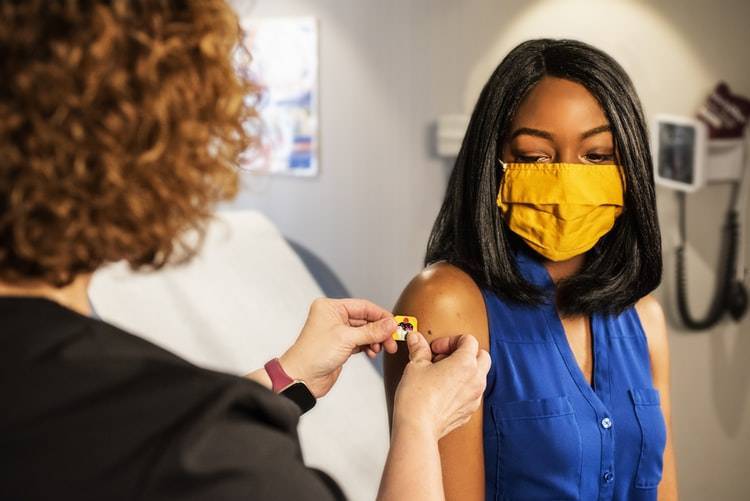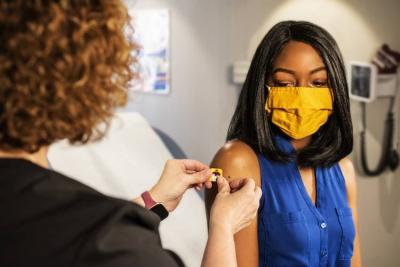An experimental vaccine has successfully eradicated senescent cells in the bodies of mice, according to a new study whose authors hope this could be a step toward a similar vaccine for humans. The study, published in the journal "Nature Aging," reversed some signs of age-related diseases in mice, helping to extend their lifespan.
Paul Robbins, a biochemistry professor and the associate director of the Institute of Biology of Aging and Metabolism at the University of Minnesota, states that "the data from the study is strong, and theoretically, the same approach could work in humans." Robbins, who did not participate in the study, conveyed to "Live Science" that the big question is whether the vaccine would be safe for humans, noting that researchers would need to conduct additional animal studies and further safe trials on some humans.
Aging results from cells stopping reproduction due to damage or stress; however, they do not die and instead accumulate as we age, secreting compounds that trigger inflammation and thus damage healthy cells. After vaccination, the immune system learns to seek out and destroy non-reproducing cells, according to the researchers.
The researchers focused on cells present in arteries, veins, and capillaries, analyzing proteins that appear in large quantities on these cells to facilitate targeting them with the vaccine. They discovered a protein that accumulates in tissues with age and causes several diseases, including cancerous tumors. They concentrated on this protein in the development of the vaccine, and after vaccinating the mice, their immune systems began to attack and destroy it, with vaccinated mice living relatively longer than their unvaccinated counterparts.
Toru Minamino, the senior author of the study and a professor at the Graduate School of Medicine at Juntendo University and director of cardiovascular medicine at Juntendo University Hospital in Tokyo, told the site that the team plans to develop additional vaccines targeting other aging cells in the body.




